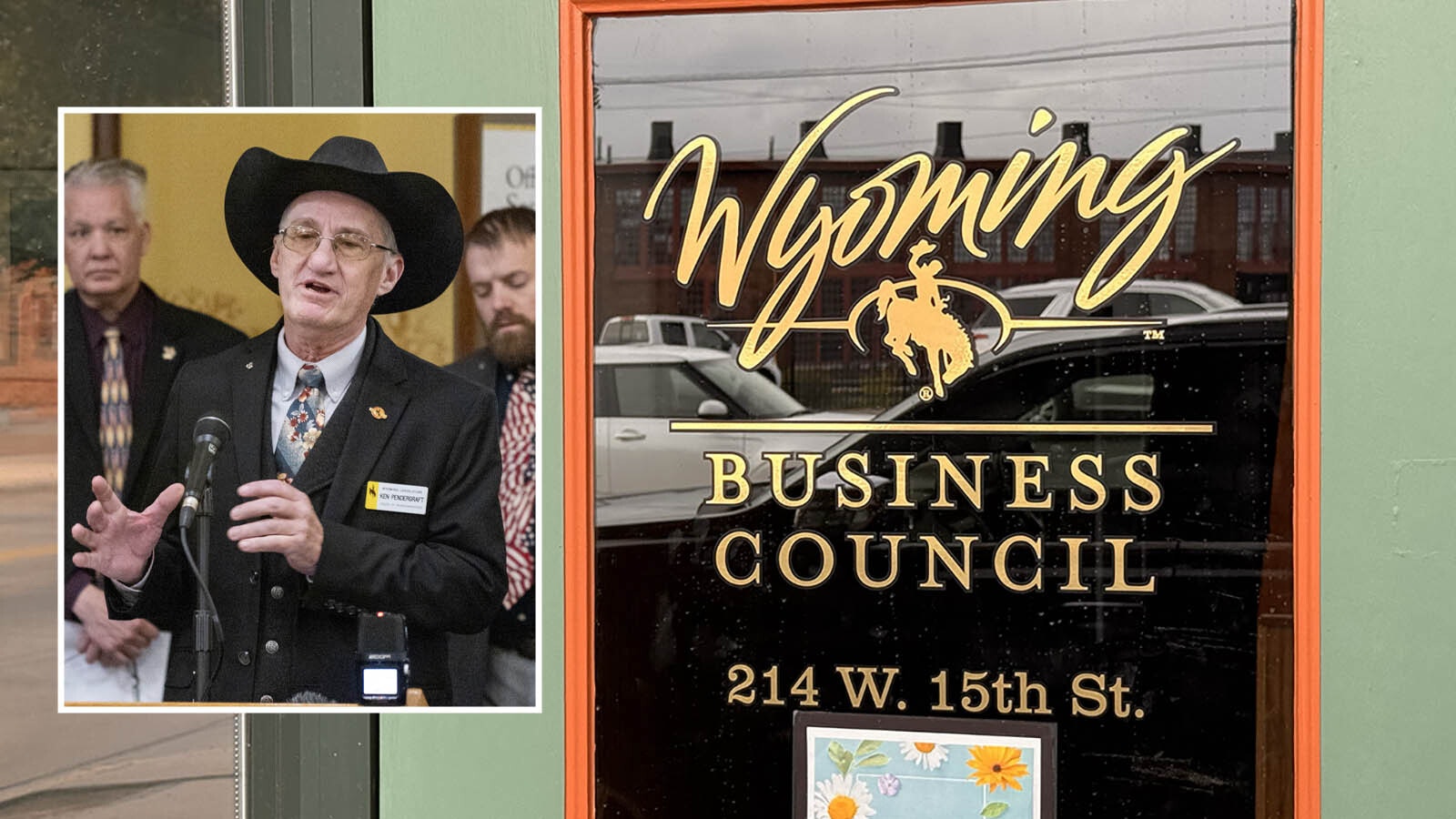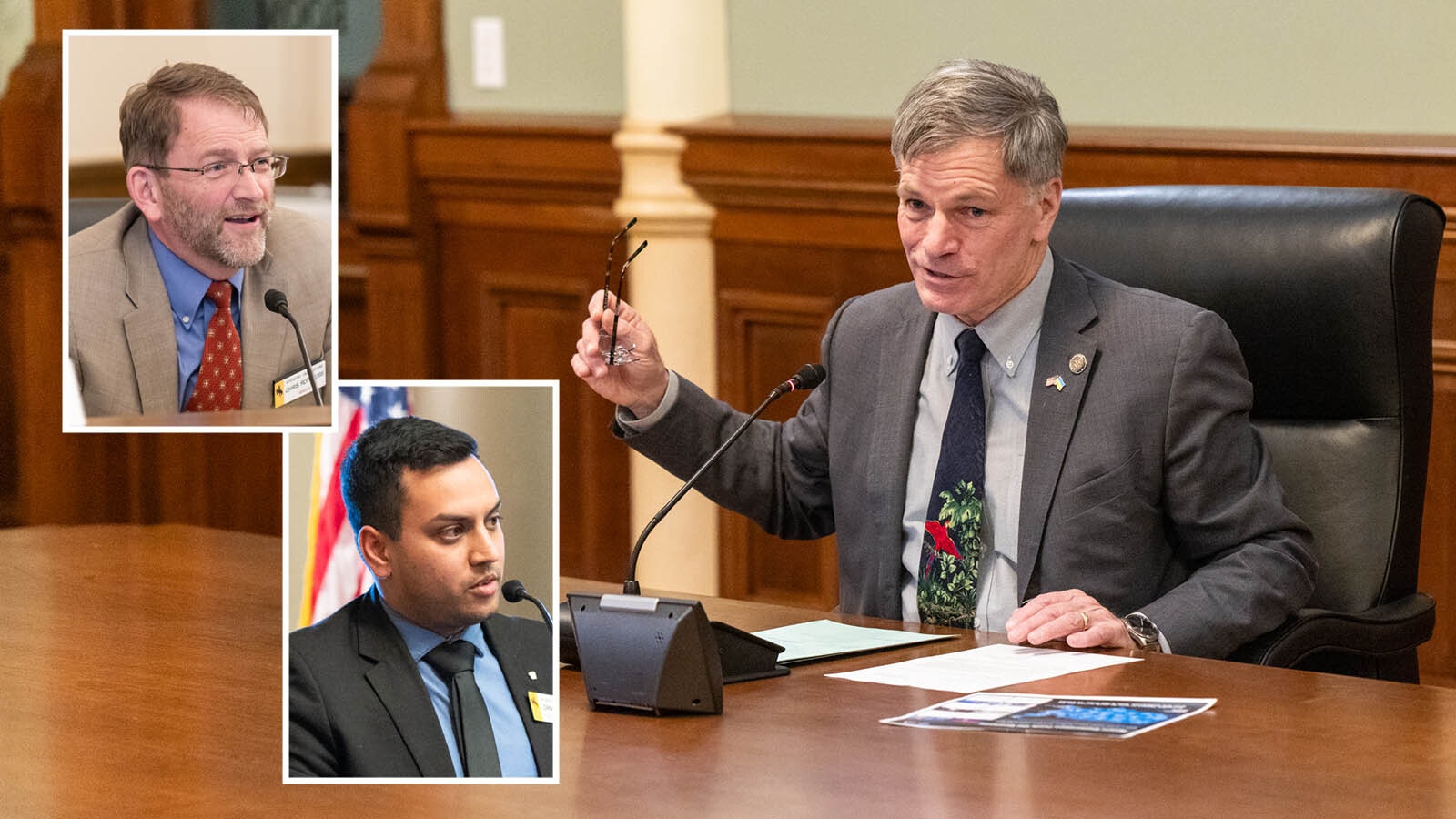Wyoming’s costly health insurance premiums can make it difficult for independent businesses to provide policies for employees, a National Federation of Independent Businesses (NFIB) spokesperson said.
“Premiums are not decreasing — they’re increasing, and they have been for years,” said Tony Gagliardi, the NFIB state director for Wyoming and Colorado. “It makes it harder and harder for small employers to continue to provide the benefits for their employees.”
As a result, Gagliardi is welcoming a move proposed by U.S. Sen. John Barrasso and some of his colleagues to delay implementation of a tax on health care premiums created by the Affordable Care Act.
Wyoming Department of Insurance Senior Health Policy Analyst Denise Burke said the majority of Wyoming residents rely on health benefits provided by employers.
“We have a very high percentage of Wyoming residents who receive their insurance from their employer,” Burke said. “It’s about 59 percent. That’s above the national average.”
If the federal Health Insurance Tax takes effect as planned in 2020, anyone paying insurance premiums, including Wyoming’s employers, will see a jump in premium costs.
On Wednesday, Barrasso joined a bipartisan group of legislators trying to ensure health insurance premiums don’t jump up in 2020.Barrasso and Sens. Cory Gardner, R-Colorado, Jeanne Shaheen, D-New Hampshire, Doug Jones, D-Alabama, Tim Scott, R-South Carolina, and Kyrsten Sinema, D-Arizona, introduced the Health Insurance Tax Relief Act to provide a two-year delay of the Health Insurance Tax (HIT) created by the Affordable Care Act, a news release from Barrasso’s office says.
If the delay fails, the tax could increase premiums by about 2 percent or $196 per person in the individual market, $479 per family in the small-group market, $458 per family in the large-group market and $157 for Medicaid premiums on average nationwide, the news release says.
“We’re very pleased and thanked Sen. Barrasso for pushing against HIT,” Gagliardi said. “Should that tax be implemented, it will be passed on to the policy holders.”
The NFIB is a non-profit organization, which represents small businesses in Washington, D.C., and each of the 50 state capitols. It was created 75 years ago and boasts approximately 325,000 members across the U.S. Gagliardi said the organization has been active in Wyoming for decades and represents about 2,300 small business owners throughout the state.
“Increased health insurance premiums themselves may not affect a business opening or closing,” he said. “It does have a workforce effect. Oftentimes, the inability of an employer to offer good health insurance affects their ability to attract good employees.”
Burke said Wyoming’s health insurance premiums are the second costliest in the nation, with only Iowa ranking more costly.
“Across the board, rural health insurance is more expensive,” she explained. “Wyoming has higher than the national average smoking rate and a higher than average elder population, and all of those contribute.”
Currently, tax on premiums offered within the state is set at 3 percent, Burke added. Estimates within her department place the rate of Wyoming’s uninsured residents between 13-18 percent, and she said the national average was about 13 percent.
“Anecdotally, we are thinking the people who are leaving the market are the young and the healthy,” Burke said. “The way insurance works is balancing the cost pool between the healthy and the unhealthy, so without healthy people in the pool, the cost will go up.”
If the HIT takes effect in 2020, Gagliardi said the potential 2 percent increase to premiums could have serious ramifications for Wyoming’s workforce.
“The HIT tax could be the straw that broke the camel’s back,” he said.





